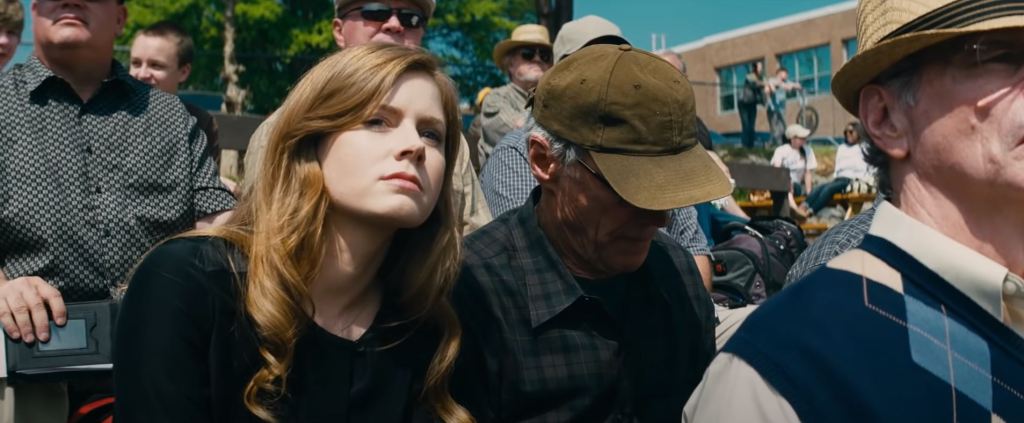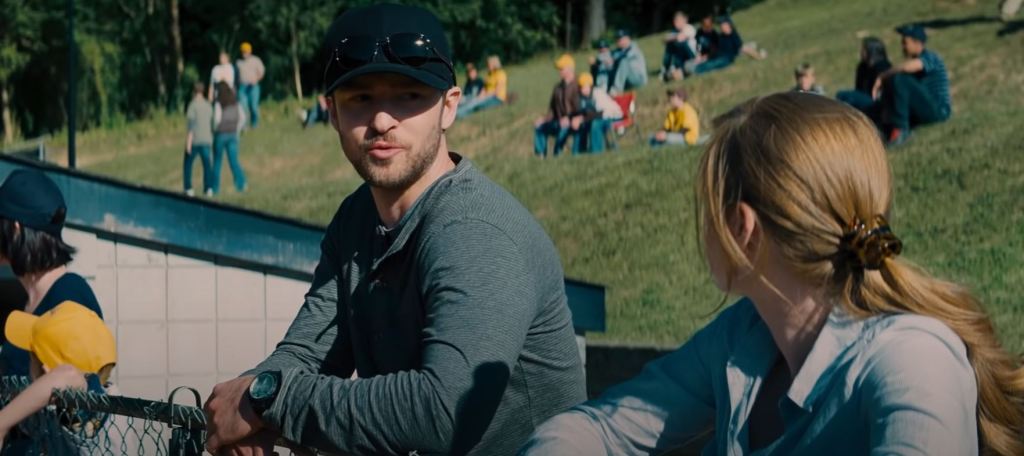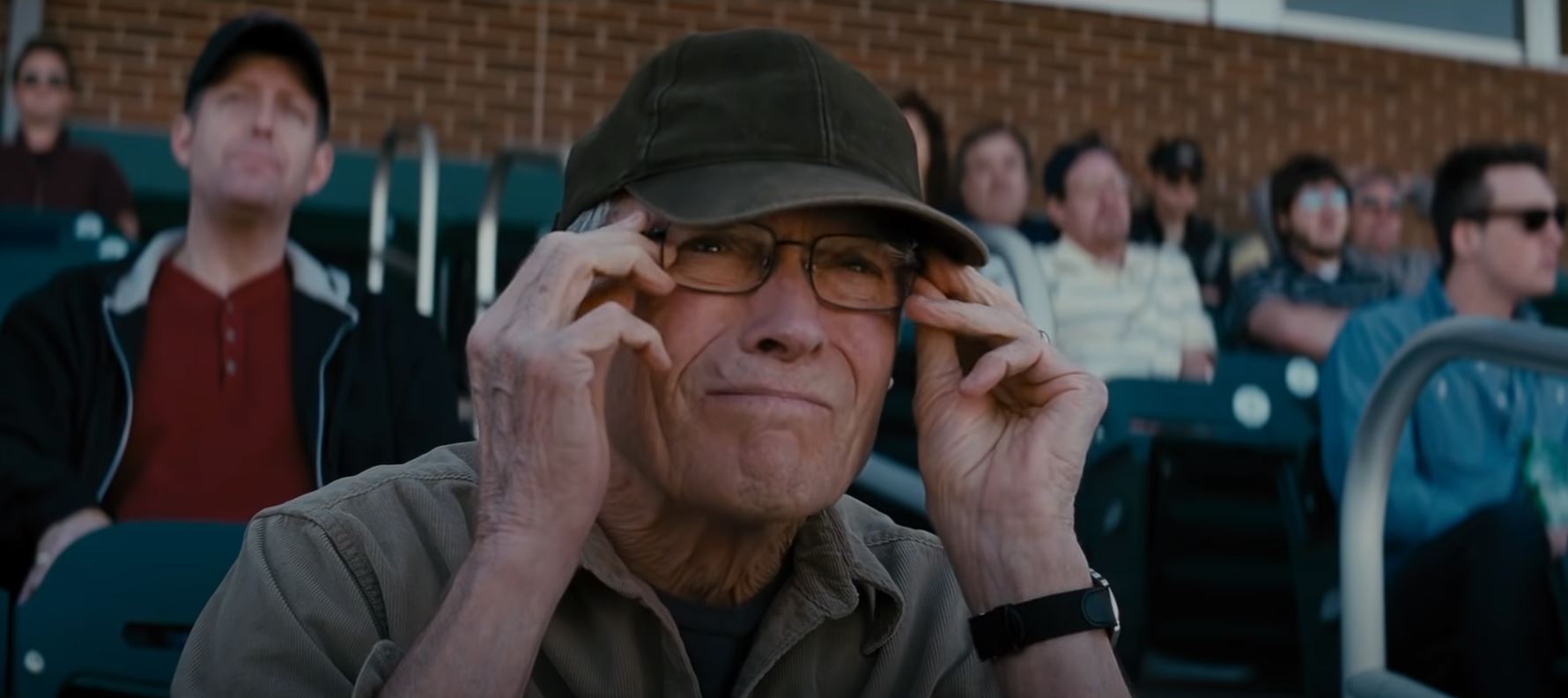Directed by Robert Lorenz, ‘Trouble With The Curve’ is a sports drama film that follows a baseball scout named Gus Lobel, whose daughter Mickey joins him on his last scouting assignment to find talents for the Atlanta Braves. Despite her less than ideal relationship with her father, his deteriorating health prompts her to help him whenever possible and make her father’s final assignment a success.
Starring Clint Eastwood, Amy Adams, John Goodman, and Justin Timberlake, the 2012 movie is a delight to watch, especially for baseball fans. However, ‘Trouble With The Curve’ has plenty of elements that keep even those not interested in sports glued to their seats. The heartwarming story is a major point of attraction for the viewers, and many admirers have noticed realistic elements that make them curious if the film is inspired by real-life events. Well, here’s what we know about the same.
Is Trouble With The Curve a True Story?
No, ‘Trouble With The Curve’ is not based on a story. The realistic storyline is a creation of writer Randy Brown, whose other works include ‘Miracles from Heaven.’ He became interested in baseball at a young age, and his passion for the game is one of the main reasons the movie is centered around baseball. “As a kid, I’d read the box scores every day, and I knew baseball trivia. But what really inspired me more than anything else was ‘Jerry Maguire.’ That’s one of my favorite movies,” the writer shared with The Society for American Baseball Research.

The movie’s setting in Asheville, North Carolina, is also a result of Randy’s life experiences. His parents hailed from North Carolina and Mississippi, leading to him becoming familiar with the area and using the city as the location for his story. The script had apparently started as a love story between two competing scouts. However, as the writer worked on the tale, it became a heart-warming journey between a father and a daughter. While writing the script, Randy consulted several professional scouts over the phone. Interestingly enough, the movie’s script was written approximately ten years before the film was released.
Randy’s motivation to try and convert the script into a movie came from a real-life person, though not in a manner some might think. He confessed, “For years, (the script) was sitting in a drawer. But then, a few years back, I read an article in the L.A. Times, a profile of an old scout for the (Los Angeles) Dodgers who was much like Gus in that he was an ‘old school’ guy. I got a little nervous; I was hoping that someone wasn’t going to read this article, get it in his head that it might make a film, and write a screenplay of his own. This is the sort of thing that goes on all the time here in L.A.”
“But at the same time, this article only added to my admiration of a scout like Gus. So I took (the script) out last year, did some work on it, and got it to Malpaso (Clint Eastwood’s production company),” Randy continued. Moreover, ‘Trouble With The Curve’ marks the directorial debut of Robert Lorenz. Supposedly, he had been looking forward to helming a movie on his own and decided that Randy’s script might be the best fit for him.

“For me, it was the powerful relationship between Gus [Eastwood] and Mickey [Amy Adams], with all the different layers that went along with that. Gus is an aging guy, and his daughter Mickey is now having to take care of him. He’s a guy stuck in his ways in terms of his relationship with her and baseball. His inability to change jeopardizes both his career in the game and his interaction with his daughter, he needs to learn to adapt,” the director told Hollywood Chicago.
Though this was not the first time that Robert had worked with Clint Eastwood, the different dynamics were something they both had to get used to. Given his inexperience as a director, Robert took the opportunity to learn from Eastwood as much as possible. Even if the Amy Adams-starrer is not based on a true story, it is easy to see that ‘Trouble With The Curve’ is inspired by several real-life experiences. Randy’s interest in baseball and everything related to it helped provide a central theme for the film.
The complicated relationship between Gus and Mickey also touches several hearts, given the organic nature of the interactions. The two characters do not have an ideal relationship despite their affection for each other. This makes the film and the characters even more relatable.
Read More: Best Baseball Movies of All Time


You must be logged in to post a comment.